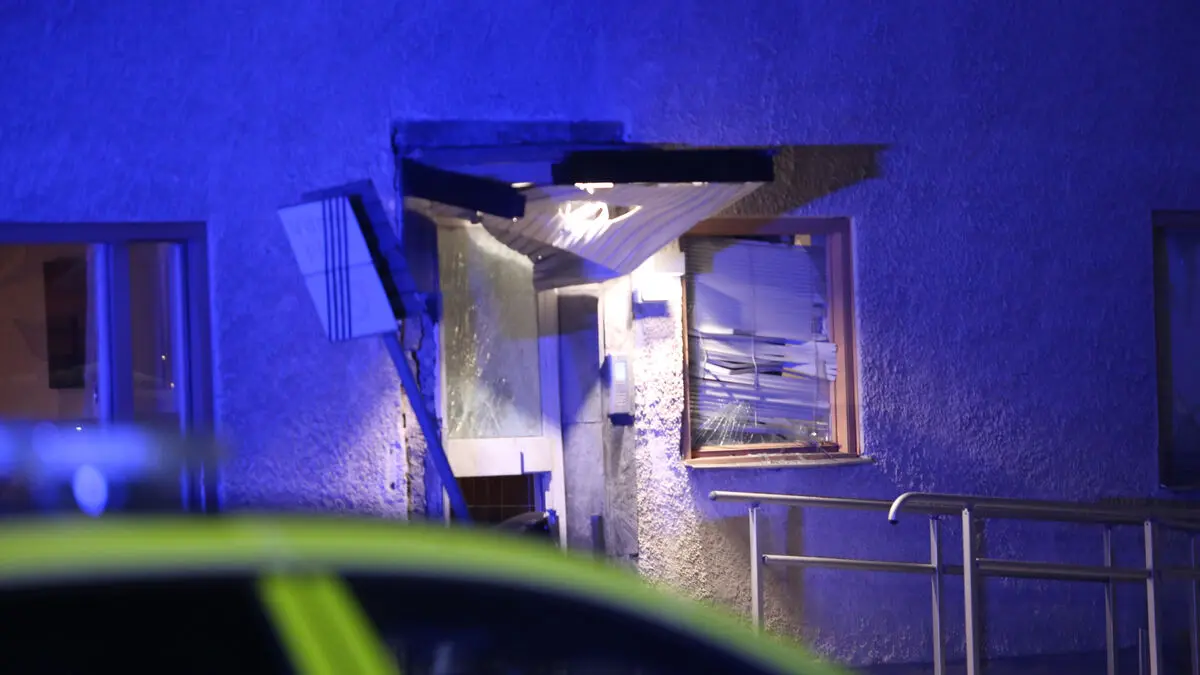Reactions to Ursula von der Leyen's budget proposal are roughly like when the bull Ferdinand on Christmas Eve prefers to smell flowers, rather than fight.
The member states and the EU Parliament became angry. The regional politicians became even angrier. And the angriest of them all were the farmers and their organizations.
"Radical, one-sided and cynical. We know exactly who will be affected the hardest: the small family farms", writes the producer organization Copa-Cogeca in a statement.
"A monster"
The EU Commission believes that it is protecting the small farmers, at the expense of the large ones. It is clear, however, that the share going to farming is significantly reduced. In addition, the regional support is changed, which often goes to areas where the farmers are located.
The EU Commission means that it simplifies greatly when it gives the EU countries' governments greater influence over how they should distribute regional support and other EU funds. At the same time, the Commission itself gets a heavier role by reviewing and approving the countries' plans.
- A monster. A wave of centralization. Everything is put in a big bag and given to the national governments, says Kata Tüttö, chairman of the EU's regional committee, in an interview with the news agency cooperation European Newsroom in Brussels.
Long negotiation
The anger from different quarters is at the same time completely expected. Few things within the EU create as many angry headlines as when the Commission presents its major budget proposal.
Partly, almost everyone - member states, parliament, companies and organizations - is fighting for it to be invested exactly in their favorite things and that it should be paid by someone else or at someone else's expense.
Partly, everyone knows that the proposal is only the beginning of a long negotiation where it is necessary to protest loudly in order not to risk losing.
A final agreement is expected at the earliest in the spring of 2027.
Wiktor Nummelin/TT
Facts: How it works in the EU's budget struggle
TT
Now that the EU Commission has presented its proposal for a new long-term budget for 2028-2034, processing is pending in both the EU Parliament and among the EU's member states. In the end, the decision lies with the member states, even if their agreement must be formally approved by the Parliament.
In the negotiations on the long-term budget for 2021-2027, the Commission's original proposal was 1,135 billion euros - equivalent to 1.11 percent of the EU's gross national income, bni. The EU Parliament wanted to increase it to 1,324 billion, while the final result landed on 1,074 billion. At the same time, the jointly borrowed large support fund after the corona pandemic was added, amounting to 750 billion euros.
This year's initial bid from the EU Commission is 1,763 billion - 1.26 percent of bni, in today's money.
The EU Commission's proposal for a new long-term budget amounts to a total of 1,763.1 billion euros in today's money value (1,984.9 in current costs), divided into four main areas:
946.4 billion (54 percent) to "economic, social and territorial cohesion", which includes everything from agricultural and regional support to migration management and repayment of the common corona loan.
522.2 billion (29 percent) to "competitiveness, prosperity and security" - which also includes defense, research and student exchanges, etc.
190 billion (11 percent) to "global Europe", with aid and support to neighboring regions and countries on their way into the EU.
104.4 billion (6 percent) to "administration and other", such as salaries.
Source: EU Commission






